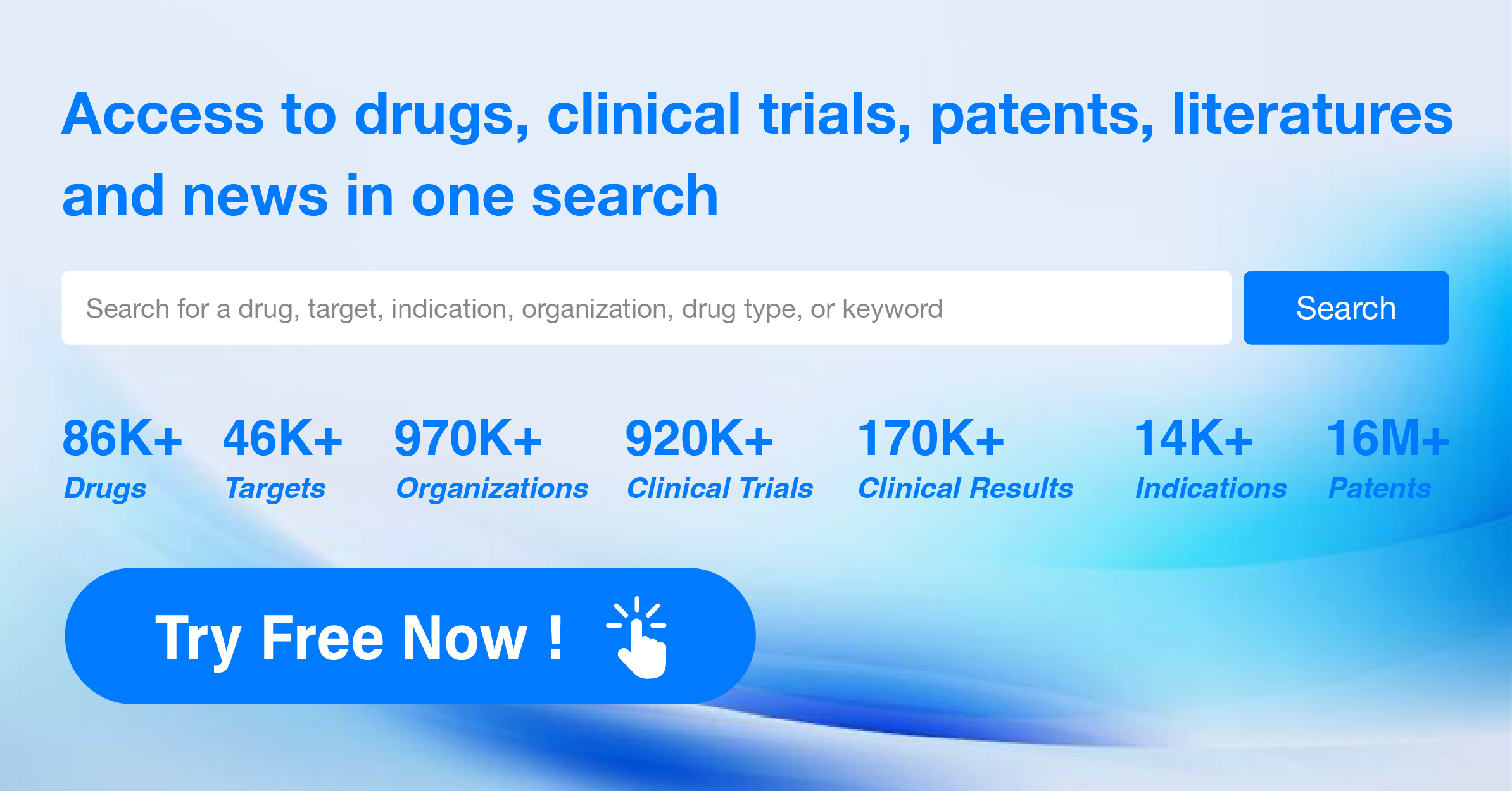Iterion Begins Tegavivint Phase 1b/2a Trial for Advanced HCC Patients After Systemic Treatment Failure
Biopharmaceutical firm Iterion Therapeutics has initiated a Phase 1b/2a clinical trial for its lead drug candidate, tegavivint, which is designed to inhibit Transducin beta-like protein 1 (TBL1), a critical component of the Wnt/beta-catenin signaling pathway. This pathway is often hyperactivated in various cancers, including hepatocellular carcinoma (HCC), where nearly 50% of patients exhibit Wnt-activating mutations in their tumors. Tegavivint is intended to treat advanced HCC patients who have not responded to standard systemic treatments.
The Wnt/beta-catenin pathway is notoriously challenging for drug development due to resistance and off-target effects. However, preclinical evidence indicates that targeting TBL1 can effectively combat cancer by disrupting the transcription complex that triggers oncogenic genes. Tegavivint's mechanism involves displacing beta-catenin from TBL1, facilitating the degradation of beta-catenin and halting oncogenic transcription.
Rahul Aras, Ph.D., President and CEO of Iterion Therapeutics, highlighted the drug's potential to inhibit oncogenic activity without the toxicities associated with other Wnt-pathway drugs. HCC, a cancer with a high incidence of Wnt-activated tumors, is particularly aggressive, and the company is dedicated to providing therapeutic options for patients with limited treatment availability.
The disease is the sixth most diagnosed and third leading cause of cancer-related deaths worldwide. In the U.S., the National Cancer Institute estimated over 41,000 new cases and nearly 30,000 deaths in 2023, with a 5-year survival rate of only 21.6%. Wnt-activation is a significant factor in HCC's progression, yet no FDA-approved therapies specifically target this pathway.
Chief Medical Officer Casey Cunningham, M.D., emphasized the urgent need for new targeted therapies for HCC and the drug's potential to improve outcomes for a large patient population. The clinical trial aims to enroll 35 patients with advanced, non-resectable, or metastatic HCC, who have undergone at least one systemic treatment. It will assess the drug's safety, efficacy, pharmacokinetics, and pharmacodynamics to establish a recommended Phase 2 dose.
Tegavivint has previously shown safety and pharmacodynamic activity in a Phase 1 trial involving patients with desmoid tumors. Further information on the clinical trial can be found at ClinicalTrials.gov using the identifier NCT05797805.
Iterion Therapeutics is advancing multiple clinical programs for tegavivint, focusing on cancers with known nuclear beta-catenin overexpression, including HCC, non-small cell lung cancer, diffuse large B-cell lymphomas, and pediatric solid tumors. The company has received significant funding from the Cancer Prevention and Research Institute of Texas, totaling $18.9 million, to support its product development efforts.
How to obtain the latest research advancements in the field of biopharmaceuticals?
In the Synapse database, you can keep abreast of the latest research and development advances in drugs, targets, indications, organizations, etc., anywhere and anytime, on a daily or weekly basis. Click on the image below to embark on a brand new journey of drug discovery!




